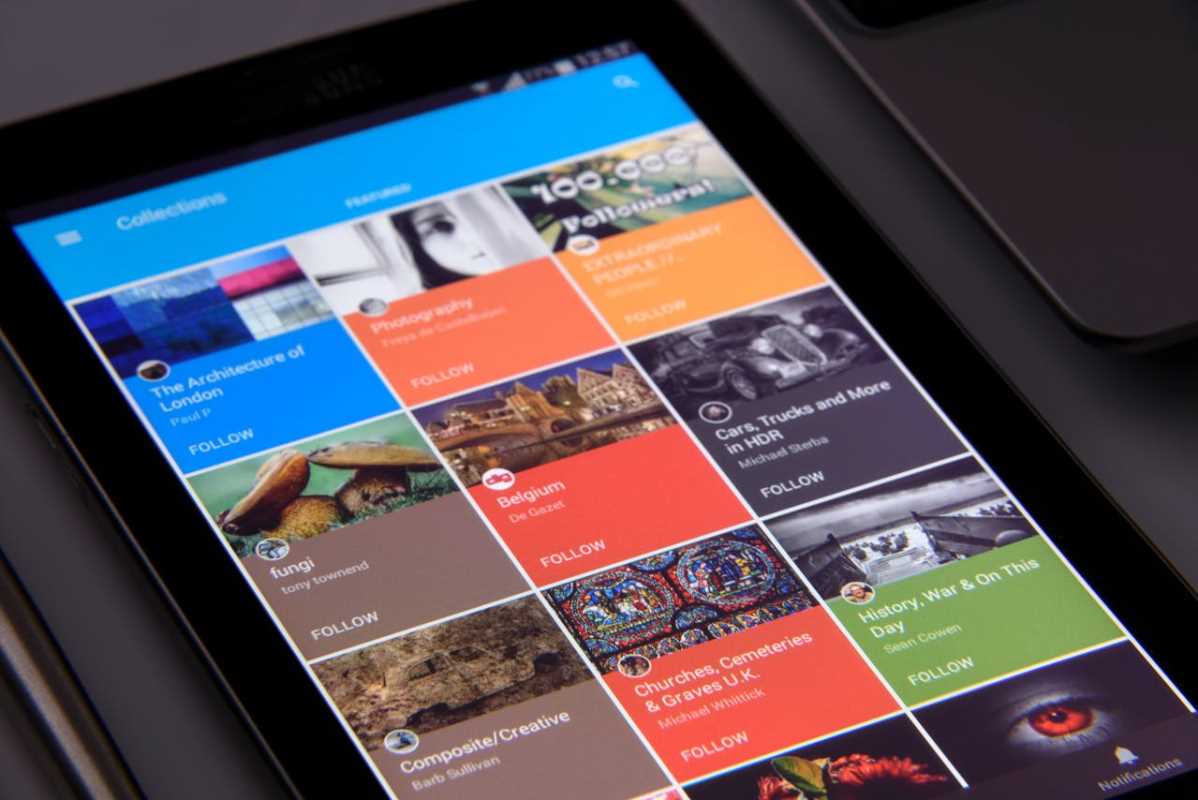Living with ADHD is often described as having a Ferrari brain with bicycle brakes. It’s fast, it’s complex, and it’s capable of incredible things, but when it comes to stopping, slowing down, or switching gears, things get… tricky. While many people are familiar with the telltale signs of ADHD, like difficulty focusing or restlessness, fewer understand how this condition affects emotional regulation and relationships. Spoiler alert: it’s a lot more complicated than just "having a short fuse."
Whether you’re living with ADHD yourself or trying to better understand someone who is, this article unpacks how the condition impacts emotions, interpersonal dynamics, and what can help bring balance, understanding, and connection into the mix.
What’s the Deal With Emotional Regulation in ADHD?
To start, emotional regulation is your brain’s ability to manage and respond to intense feelings without letting them flood your system. For someone with ADHD, this internal process might feel more like riding a roller coaster with zero warning for the next drop or twist.
Why ADHD and Emotional Dysregulation Go Hand in Hand
ADHD isn’t just about attention; it’s rooted in the brain’s executive functioning. This critical system helps with planning, impulse control, and managing responses. When executive functions are on the fritz (as they are with ADHD), emotional reactions can go from zero to full-on meltdown faster than you can say, “Why am I so upset?”
Some hallmarks of emotional dysregulation in ADHD include:
- Intense emotional reactions: Small frustrations (like spilling your coffee) can feel like the world is ending.
- Difficulty “cooling down” after getting upset: Where others might take a few breaths and move on, an emotional wave for someone with ADHD can linger for hours.
- Heightened sensitivity: Praise or criticism feels amplified, making someone with ADHD more likely to feel deeply appreciated or deeply criticized.
The result? Big emotions that can be exhausting to manage and confusing for everyone involved.
The Ripple Effect on Relationships
If emotions are the engine, relationships are often the passengers. And when the engine isn’t calibrated just right, it’s easy for relationships to feel the impact.
Romantic Relationships
ADHD can make navigating romantic relationships a unique challenge. A partner with ADHD might be spontaneous, fun-loving, and endlessly curious (which is awesome). But they might also interrupt conversations, forget anniversaries, or leave a trail of half-finished projects around the house (which can be… less awesome). Add emotional dysregulation into the mix, and conflicts tend to escalate faster than either person expects.
For example:
- Conflict cycles: A small disagreement about whose turn it is to do the dishes can snowball into a full-blown argument because emotions escalate quickly.
- Feeling misunderstood: The partner with ADHD might feel like their forgetfulness is taken as carelessness or that they “can’t do anything right,” while the other partner feels unappreciated.
Friendships
Maintaining friendships with ADHD can also be bittersweet. On one hand, people with ADHD often possess boundless energy and creativity, making them exciting and loyal friends. On the other, challenges like interrupting during conversations or forgetfulness can unintentionally strain the bond.
A common theme? Guilt. People with ADHD often beat themselves up for things like forgetting their friend’s birthday text or spacing out during a meaningful conversation. And this guilt can trigger avoidance, creating an unnecessary distance.
Professional Relationships
When it comes to workplace dynamics, ADHD’s influence is a double-edged sword. Your coworker with ADHD might be the person everyone turns to for out-of-the-box ideas, but they could also be the person who forgot to hit “send” on an urgent email. Throw emotional regulation into the mix, and you’ve got a recipe for workplace misunderstandings or feeling like you need to over-explain impulsive reactions.
Tips for Navigating Life With ADHD
By now, you’re probably thinking, “Okay, this sounds like a rollercoaster. But how do you manage it?” The good news is that with intentional strategies, you don’t have to stay stuck in the loop of emotional ups and downs or strained relationships.
1. Learn Your Emotional Triggers
Whether it’s feeling rushed, being criticized, or sensory overload, knowing what sends your emotions into hyperdrive can help you prepare. Journaling about emotional reactions or talking to a therapist can help you spot recurring triggers.
Create a “calm-down toolkit” for tricky moments. This could include deep breathing, taking a five-minute walk, or texting a trusted friend to say, “Hey, I’m spiraling, can I vent?”
2. Hit the Pause Button
Impulsivity is a classic ADHD trait, often showing up as speaking before thinking or escalating emotions without pause. To counteract this, practice hitting the “pause button” before reacting.
Try This Technique: When emotions start to ramp up, say to yourself (or even out loud), “Pause. What’s really going on here?” It can feel awkward at first, but those extra few seconds can make all the difference.
3. Be Transparent With Loved Ones
When it comes to relationships, communication is everything. If your partner or friends know how ADHD affects emotional regulation, they’re less likely to take things personally (and more likely to offer support).
Conversation Starter: “Sometimes, I have a hard time managing my emotions. It’s not about you, but about how my brain works. Here’s what I’m doing to work on it, and here’s how you can help.”
4. Use Visual or Written Reminders
Forgetfulness is another big ADHD challenge that can leave others feeling hurt or overlooked. Solve this by using visual cues (calendars, sticky notes) or written lists to stay on top of important dates, tasks, or promises.
Apps like Google Calendar or Todoist can send you reminders before deadlines or events, so you look (and feel!) on top of it all.
5. Seek Therapy or Coaching
Therapy is a game-changer for ADHD, especially when emotional regulation feels impossible to handle alone. Cognitive Behavioral Therapy (CBT) or specialized ADHD coaching can teach you invaluable skills for balancing your emotions and navigating relationships.
Look for therapists or coaches who specialize in ADHD dynamics, as they’ll have tailored strategies and a deeper understanding of what you’re up against.
6. Build a Daily Routine
Consistency can soothe the ADHD brain like nothing else. By creating predictable routines, you won’t have to battle decision fatigue or constant overwhelm.
Start Small: Identify one area that feels chaotic (like mornings), and introduce structure. This might mean waking up at the same time every day or prepping your work bag the night before.
7. Focus on Self-Compassion
This one’s crucial. Living with ADHD means you’re navigating hurdles others don’t see, and sometimes, that leads to self-criticism. But here’s the thing: you’re doing your best. Extend yourself the same kind of patience and compassion you’d give a friend.
Mantra to Remember: “I’m a work in progress, and that’s okay.”
Living with ADHD is anything but boring. It’s filled with creativity, passion, and unique ways of seeing the world. But there are also real challenges, especially when it comes to managing emotions and relationships. What’s important to remember? These challenges aren’t your fault, and they don’t have to define your future.
.jpeg)






